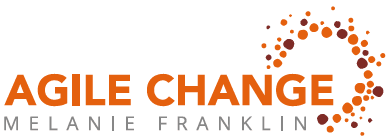At the end of my blog last week, I identified a cultural impact of adopting AI tools.
At the end of my blog last week, I identified a cultural impact of adopting AI tools. In this insight, I’ll be discussing adopting AI for change within an organisation.
Starting this year, I think we are going to have to encourage everyone in our organisations to adopt a new perspective about what they do, how they do it and how they can incorporate AI if required. As with any cultural change, adopting AI for change is a long-term undertaking.
It is likely to last years, but the likely winners in an AI world are already conversing about how to use AI to make their processes smoother and more efficient.
I think the core change is a shift from doing to intelligent understanding.
Even with the adoption of AI, we still need subject matter experts. In fact, I think we need them even more as a deep understanding of a task is required to decide on the best use of AI automation. As I have written about before, we need criteria-driven interaction with AI to use it wisely. Without thought, it has the power to create repetition and dilute the quality of our work.
If we are to create a culture that prizes understanding, we need to think about how we shift the prevailing assumptions and beliefs about what we value. Those who like to come to work and get things done, praised for their productivity and accuracy of their input, will be challenged to give up control of many of these tasks through the adoption of AI.
If AI offers speed and accuracy for “doing” tasks, we need a workforce that constantly innovates on what needs to be done, how we can do it, what we can stop doing, new techniques and new collaborations with other experts. This is how we go about adopting AI for change.
Using AI to help with our tasks at work is a significant shift in perception, affecting our “corporate profile”, which is the description of what we do and our usefulness and value to our organisations.
It is another reminder that adopting any of these AI tools is a simple change; the challenge to our values, our priorities and our contribution at work is much greater and needs careful planning.
What are your thoughts?
